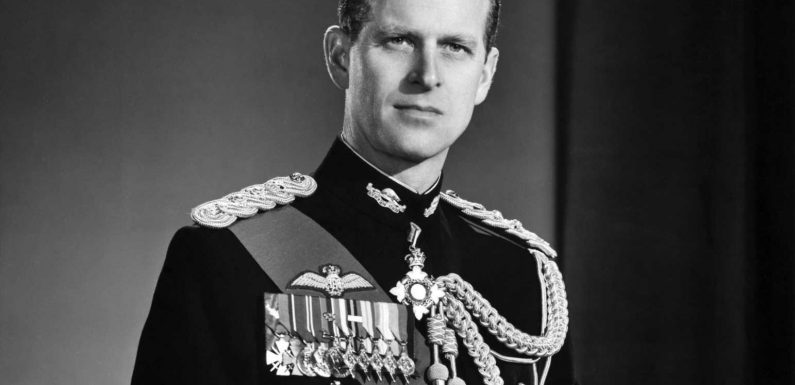
EX-PROBATION officer Simon Armitage, the Poet Laureate, has paid tribute to Prince Philip's distinguished career in the Royal Navy.
His poem 'The Patriarchs – An Elegy' marks the death of the Queen's consort.
What is Simon Armitage's funeral poem for Prince Philip?
The Poet Laureate has published The Patriarchs – An Elegy, a funeral poem which refers to the Duke of Edinburgh's generation as "husbands to duty" and "great-grandfathers from birth".
It's Simon Armitage's first poem for a royal occasion in the prestigious role.
He described it as a "commemorative piece that tries to say something about the generation he came from".
Armitage told the Daily Mail: "I didn't know the duke, but there is the idea that he didn't like a fuss and hated sycophancy, and I didn't want the poem to be part of a chorus of sycophancy."
The Patriarchs – An Elegy
"The weather in the window this morning
is snow, unseasonal singular flakes,
a slow winter’s final shiver. On such an occasion
to presume to eulogise one man is to pipe up
for a whole generation – that crew whose survival
was always the stuff of minor miracle,
who came ashore in orange-crate coracles,
fought ingenious wars, finagled triumphs at sea
with flaming decoy boats, and side-stepped torpedoes.
Husbands to duty, they unrolled their plans
across billiard tables and vehicle bonnets,
regrouped at breakfast. What their secrets were
was everyone’s guess and nobody’s business.
Great-grandfathers from birth, in time they became
both inner core and outer case
in a family heirloom of nesting dolls.
Like evidence of early man their boot-prints stand
in the hardened earth of rose-beds and borders.
They were sons of a zodiac out of sync
with the solar year, but turned their minds
to the day’s big science and heavy questions.
To study their hands at rest was to picture maps
showing hachured valleys and indigo streams, schemes
of old campaigns and reconnaissance missions.
Last of the great avuncular magicians
they kept their best tricks for the grand finale:
Disproving Immortality and Disappearing Entirely.
The major oaks in the wood start tuning up
and skies to come will deliver their tributes.
But for now, a cold April’s closing moments
parachute slowly home, so by mid-afternoon
snow is recast as seed heads and thistledown."
- Coracles are small, round, lightweight boat traditionally used in Wales
- Hachured means short parallel lines – used to show hill slopes on maps
Who is Simon Armitage?
Simon Armitage, 57, was in 2019 appointed as Britain’s poet laureate – meaning he is responsible for composing poems for special events and occasions.
Born in the village of Marsden in West Yorkshire, Armitage is best-known for poems such as The Shout, To His Lost Lover and The Catch.
He worked as a probation officer before quitting in 1994 to become a full time writer.
Theresa May phoned him and told him about his new role on May 9, 2019.
He said: “I was giving up a profession, a salary, lots of security for something that seemed to [my family] very woolly and uncertain.
“So to be able to go back to them 30 years later and give them this news felt very significant. They just burst into tears. I got a text from my dad later saying 'We’ve stopped crying now'.
“It’s a big commitment, but if you’d asked me 30 years ago what I want to aim for, this might have been on the list.
“And I feel I’ve been writing the kind of public-facing, public-occasion poetry that this role will require for quite a long time now.”
Armitage, who is also a professor of poetry at the University of Leeds, replaced Carol Anne Duffy, who had held the title for ten years.
The position is an honorary role and there are no specific duties, but there is an expectation that Armitage will pen verses for significant national occasions.
And there are a few perks. The Queen gave Simon a 'butt of sack' – a tradition stretching back centuries, where the Poet Laureate receives a gift of about 72 bottles of sherry a year.
A chuffed Armitage said: “Like Laureates before me, I hope to put the bottles to good use – as gifts and prizes or to raise money in the name of poetry – but look forward to enjoying the odd tipple myself."
Source: Read Full Article



